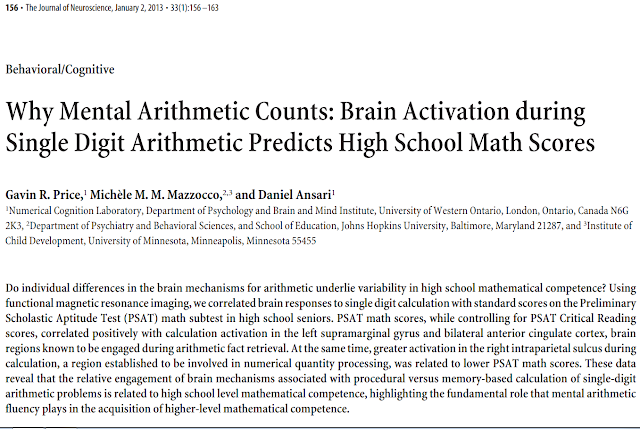When Non-educators Provide Answers
One would not ask a plumber to work on one's dental filling. One would not even request for a professional opinion from someone who works on pipes on what should be done with one's tooth. That would be stupid. Yet, in education, individuals who have no experience in teaching are not only quick to offer their opinion, but are even confident with their misguided suggestions. Take, for example, those who think that schools are run like prisons. These people try to malign school systems by stating that classrooms are nothing more than places where students can no longer question and must simply accept what is taught. These people have not even tried teaching in a classroom where pupils can not sit still or keep quiet. To suggest that order and discipline are unnecessary for teaching simply illustrates a complete lack of practical knowledge regarding classrooms. Still, these individuals think they hold the key to reforming education.
Another pervasive thought among non-educators is an aversion towards rote learning. Skills are seen as the means and end for education. There is no need for content. Again, this thinking comes from ignoring what learning really entails, and more importantly, how the human brain works. One would have thought that with the preponderance of computers, people would be able to relate easily to the difference between memory retrieval and processing. These are two tasks a computer does. In fact, even web browsers store previously viewed content. In this manner, retrieval takes much faster. Is it too difficult for us to realize that recalling something we already know takes much less effort than trying to come up with the answer from scratch? Nevertheless, some still blindly believes that skills are way above content. The fact that any expert in any field became an expert because of their experience and knowledge in their specific trade does not matter.
Memory is very important. In chemistry, it helps to know what the element symbols are. In biochemistry, it helps to have the structure of each amino acid at one's fingertips. With mastery of content, the brain can then spend its energy more on higher skills. This is the point that most people who hate memorization fail to see. The important thing is that neuroscience highlights the importance of having content locked in memory. There is research-based evidence that shows why it is important that young children do memorize addition, subtraction, multiplication and division of numbers. This was not after all a crazy idea handed down to us by our teachers and parents four decades ago. Here is a recent paper from the The Journal of Neuroscience:
The bottom line is that fluency in arithmetic counts. A brain that does not have to exert any effort to figure out that 5 time 5 is 25 by simply retrieving this information from memory can do a better job with determining what x is in (x + 1)(x + 1) = 25. The authors of the above study conclude:
...From an educational perspective, our results provide the first neuroscientific evidence demonstrating the fundamental importance of fluency in basic mental arithmetic in the acquisition of college-level mathematical skills. Furthermore, they significantly extend our understanding of the relationship between simple arithmetic and higher level math competence beyond that revealed by behavioral data alone. Specifically, the relationship between PSAT Math and functional brain activation during single-digit arithmetic was significant even when controlling for PSAT Critical Reading, revealing neurocognitive mechanisms specific to PSAT Math not evident from reaction time analysis alone.
In conclusion, the present data are the first to demonstrate that brain mechanisms associated with elementary arithmetic skills are related to performance on a broad ranging, educationally relevant measure of math competence at the end of high school. Thus, the importance of early arithmetic skills for math competence is not only evident at a behavioral level. Their acquisition appears to impact the construction of neurobiological architectures across development, which may in turn support the acquisition of high school-level math skills that have significant consequences for progression into higher education. Finally, the present findings demonstrate how neuroimaging data can inform our understanding of educationally relevant issues and thus demonstrate the power of an educational neuroscience framework.This again illustrates why it is important that our views on education are backed by evidence. Otherwise, we would be millions of miles away from the truth.

Comments
Post a Comment